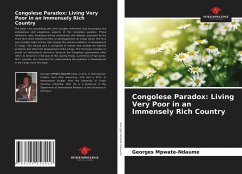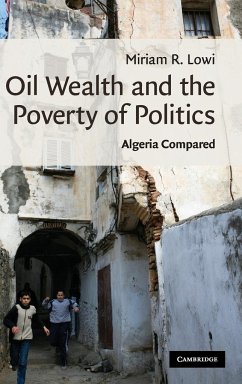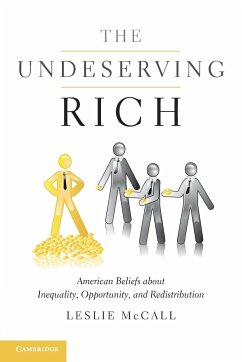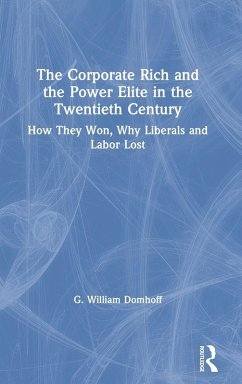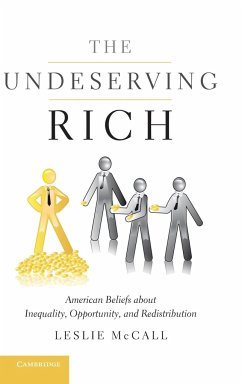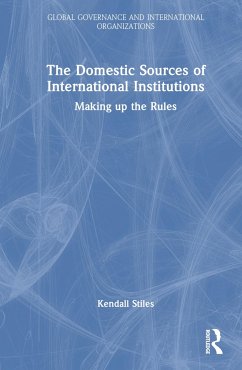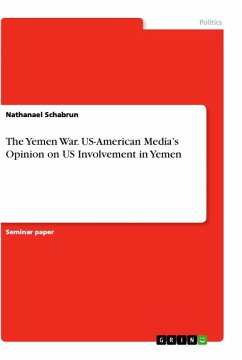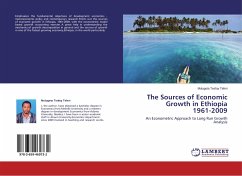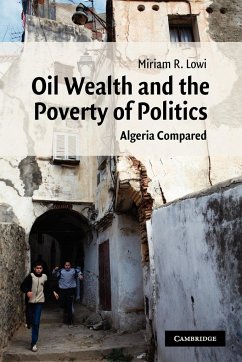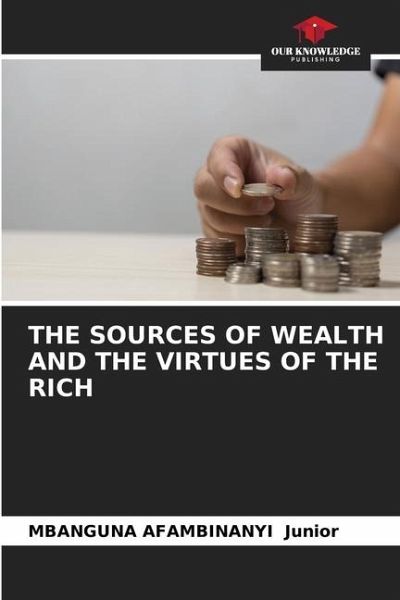
THE SOURCES OF WEALTH AND THE VIRTUES OF THE RICH
Versandkostenfrei!
Versandfertig in 6-10 Tagen
29,99 €
inkl. MwSt.

PAYBACK Punkte
15 °P sammeln!
The fundamental causes of poverty and wealth have always been of such knowledge that many men and women throughout the world die of envy. But groping around for lack of specifics, some in their thoughts or opinions believe that both are matters of heredity. While others say that they are the logical results of choices and habits applied over the long term. These are the arguments that the majority of human beings around the world put forward when it comes to poverty and wealth. In this book, we're going to reveal what each of the aforementioned categories does on a daily basis, so that anyone ...
The fundamental causes of poverty and wealth have always been of such knowledge that many men and women throughout the world die of envy. But groping around for lack of specifics, some in their thoughts or opinions believe that both are matters of heredity. While others say that they are the logical results of choices and habits applied over the long term. These are the arguments that the majority of human beings around the world put forward when it comes to poverty and wealth. In this book, we're going to reveal what each of the aforementioned categories does on a daily basis, so that anyone reading this can find their answer, and also discover the genuine causes that give rise to poverty and wealth. Because these two subjects are constantly the subject of debate and discussion around the world, the author, as a professional entrepreneur, decided to shed some light on them. For some, wealth is diabolical, which means that anyone who is rich is also satanic.





